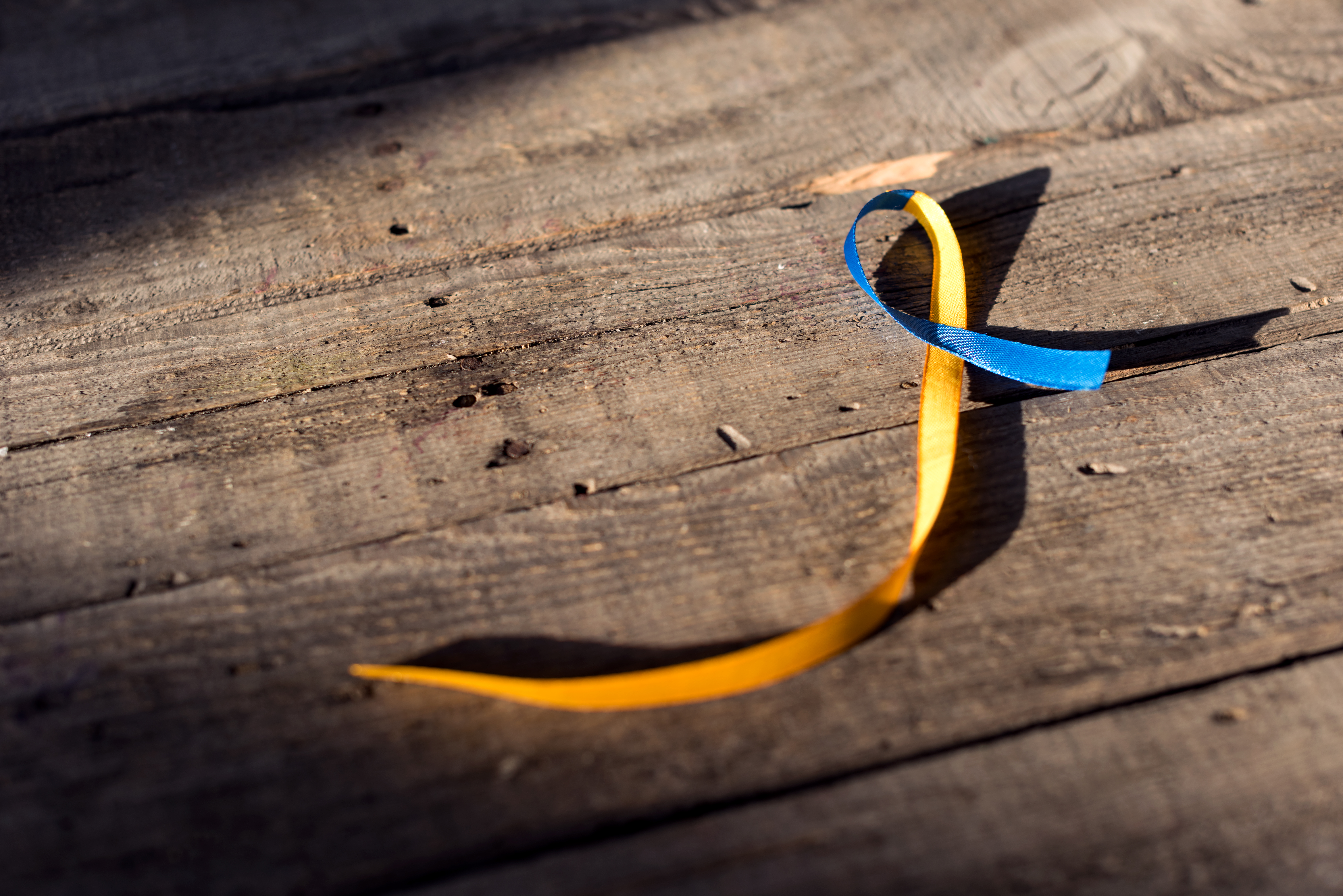June 15th – Be the Change: World Elder Abuse Awareness Day

The United Nations General Assembly designated June 15 as World Elder Abuse Awareness Day. It represents the one day in the year when the whole world voices its opposition to the abuse and suffering inflicted on some members of our older generations. Abuse of older adults is a global social issue which affects the health and human rights of millions of older persons around the world, and an issue which deserves the attention of the international community.
Like all forms of violence in relationships, abuse of older adults is not just an individual issue or an isolated event caused by a few ‘bad’ people. Those who behave abusively toward others should be held accountable for their actions, but it is not the whole story. ‘Structural violence’ is a term that is used to describe the ways in which the very structure of our society actually creates the conditions for violence and abuse by making whole groups of people less important and less valued than others. For older adults, negative attitudes, beliefs and stereotypes about aging put people at greater risk of experiencing abuse as they age. Discrimination based on age is called “ageism”.
A 2012 online study showed that[1]:
- 63% of 1500 Canadians surveyed reported that they had been treated unfairly or differently because of their age
- 79% agree that seniors are seen as less important

The inquiry into the deaths caused by Elizabeth Wettlaufer provides clear examples of structural violence in the healthcare system in Ontario. Wettlaufer is the nurse who murdered eight patients and harmed six others, in long term care facilities in southwestern Ontario. The inquiry itself is an important stake in the ground that begins to challenge pervasive systemic ageism that manifests in looking the other way as abuse and neglect of older adults happens. The inquiry is ongoing and has already painted a picture of how the warning signs of Wettaufer’s crimes went undetected for a decade as reports about her conduct and medical errors were swept “under the table” in a chronicly underfunded and short-staffed system.[2] Moreover, the cause of death is less rigorously or routinely investigated in older persons.[3] Three times, doctors and nurses of Wettlaufer victims recommended autopsies but the coroner refused.[4]
The challenge of addressing structural violence is that there is no ‘one’ person or institution to blame for the full impact of discrimination most seniors experience. There is no explicit policy that says ‘we don’t care about older adults’ but if we examine the way the system works through mechanisms like the Wettlaufer Inqury, it becomes disturbingly evident.
As a society, our negative attitudes about aging and being older, funding and staffing models, precarious work environments and the lack of investigations when seniors die suddenly come together to create the ‘perfect storm’ conditions that seriously disadvantage and cause harm to older adults. We need to tease apart those elements, insist upon and advocate for respect and dignity for all of our citizens and their basic human rights.
Since every one of us will become an older adult - if we are lucky - it is entirely logical that we should pull together, find the courage to examine our own attitudes and behaviours and to advocate for the political will at all levels of government needed to address policies and funding structures that shape our social system. We all have a role to play in the society we create together.
On this World Elder Abuse Awareness Day on June 15th, become a champion for change. Learn what you can do to be more aware and to work toward the end abuse of older adults. Be the change we want.
For more information:
- Canadian Network for the Prevention of Elder Abuse
- It’s Not Right! Neighbours, Friends and Families for Older Adults






